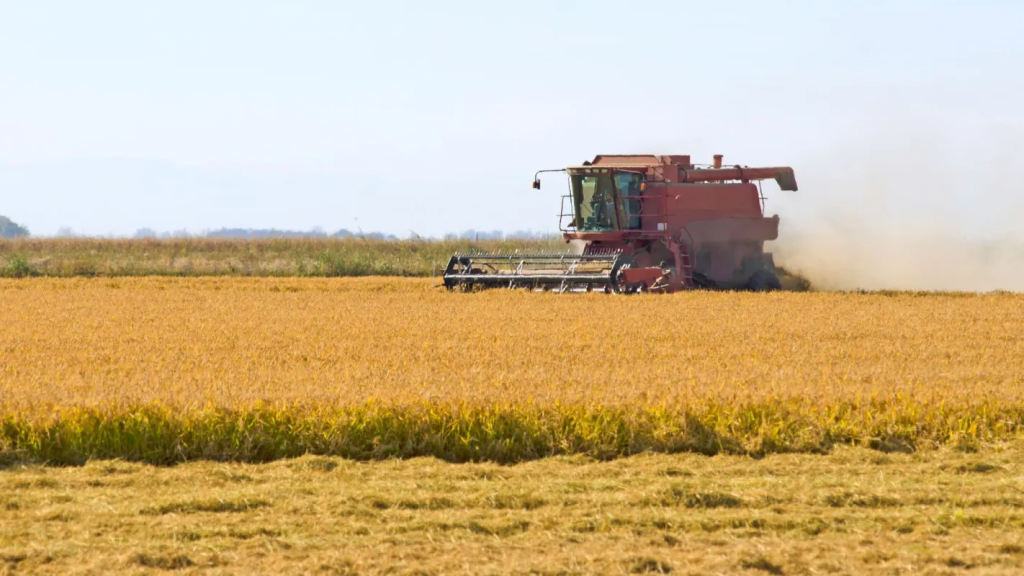Tags
Revolutionary farming technique may have solved one of agriculture’s toughest challenges: ‘A historic step towards the future’
The results were a surprisingly healthy crop, produced with a fraction of the usual water.
by Gabriel Holton

A pioneering farming experiment in drought-stricken Chile may have just cracked one of agriculture’s biggest challenges: growing rice with less water.
In a first-of-its-kind trial, researchers at Chile’s Austral University and local farmers have successfully cultivated rice using a technique called “Jaspe” straining, without flooding the fields.
The Jaspe strain consists of “spacing the seedlings further apart in enriched soil, and watering only sporadically to build a more resilient root system,” according to an article by Phys.org.
Typically, rice requires an enormous amount of water to grow, which becomes a major problem in places like Chile, where a megadrought has persisted for over a decade.
By shifting away from traditional methods of growth, which require an enormous amount of water, the Jaspe strain could offer a lifeline to farmers in regions where every drop counts.
“Irrigating rather than flooding rice fields is a historic step towards the future,” said Javier Munoz, an early user of the Jaspe strain.
The results were a surprisingly healthy crop, produced with a fraction of the usual water.
“Using Jaspe in combination with a growing method that requires only intermittent watering cut the Munoz family’s water consumption in half in a country that has for generations cultivated rice in flooded fields, or paddies,” according to the article.
“Rice cultivation in flooded paddies crawling with microorganisms is responsible for about 10% of human-caused methane emissions,” according to the United Nations Food and Agriculture Organization.
For everyday people, this type of innovation could mean more stable food prices, better access to nutritious staples like rice, and cleaner air and water, especially in communities hit hardest by pollution and climate stress.
Reducing methane and water waste in farming helps lower the environmental impact of our food, creating ripple effects that benefit everyone. It’s a step toward cleaning up the agriculture industry.
In a world where climate pressures are mounting and freshwater is running low, Jaspe offers something we can all root for: a more sustainable future, one resilient rice plant at a time.
https://www.thecooldown.com/sustainable-food/jaspe-strain-rice-chile-drought-flood/Published Date: May 28, 2025






